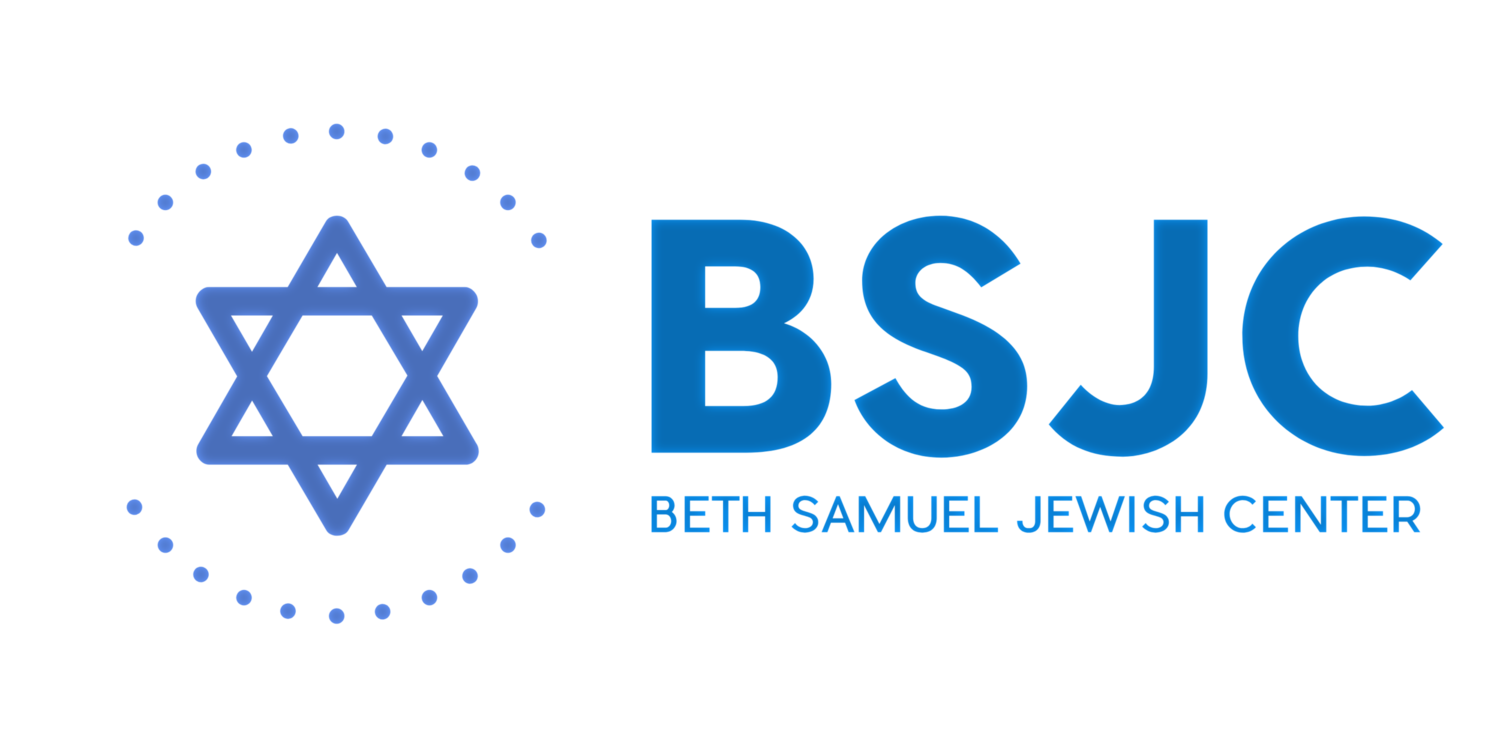February 2024 - A Holy Sanctuary
/You may think that the purpose of the Exodus was the liberation of the Hebrew slaves, but it was more than that. It was also the establishment of a physical existence in which God would reign. At the center of that existence would be the Tabernacle, the mishkan, the portable sanctuary. In this way, God’s presence would dwell in the midst of the people as they journeyed through the desert. The Torah outlines specifically what special donations the people should make and how to build it.
This week we are reading in Exodus of God’s instructions to the people to build this sanctuary so that God may dwell among them. Listen to my setting of this Hebrew verse, “V’asu Li Mikdash…” HERE.
As beautiful as many sanctuaries are, including ours at BSJC, we know it is not really the physical PLACE where we find God, but the space within our hearts where God dwells. Coming together in community in warm, beautiful surroundings such as ours, allows us to let God in.
I had a friend who lived way out in the country and who wanted to say Kaddish for his father (before Covid and zoom), but he was unable to attend a synagogue. I asked him, “So, what do you do?” He described how he goes out into the woods with his siddur, where the tall trees and nature are his minyan, and he feels very connected to God and to the memory of his father. He made his own sanctuary and God certainly did dwell within him there.
We will come together in our virtual sanctuary this Friday, February 16 at 7:00 pm, for our Zoom Kabbalat Shabbat service, and we will welcome the Rabbi with whom I worked in Poughkeepsie, NY, before I moved here, Rabbi Neal J. Loevinger. His topic, “New Thinking in Medical Ethics: Brain Death and Organ Donation in American and Jewish Law,” promises to be fascinating and informative. He is a good friend and an inspiring Rabbi and we are very fortunate to host him. Be sure to join us.
B'shalom,
Cantor Rena



